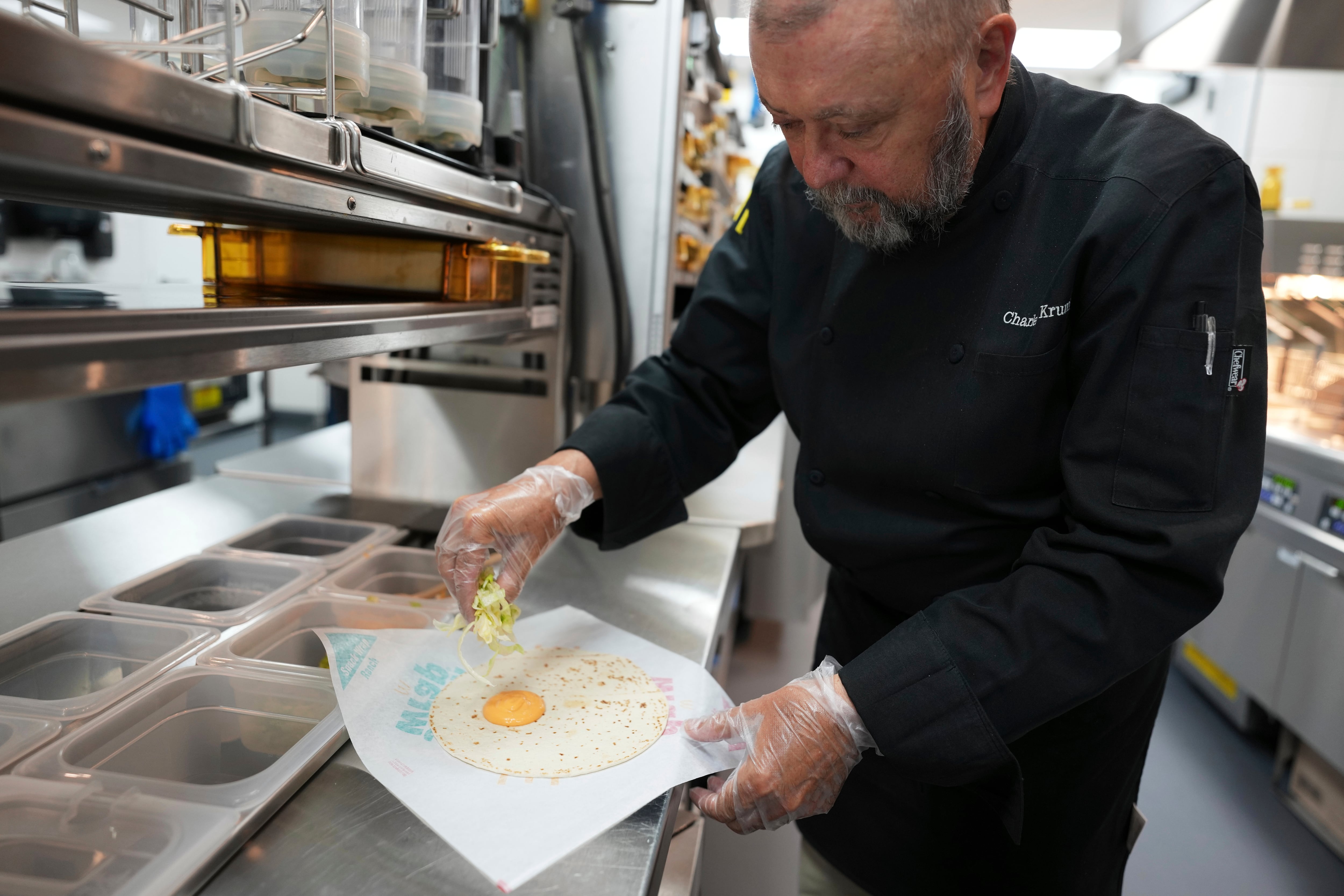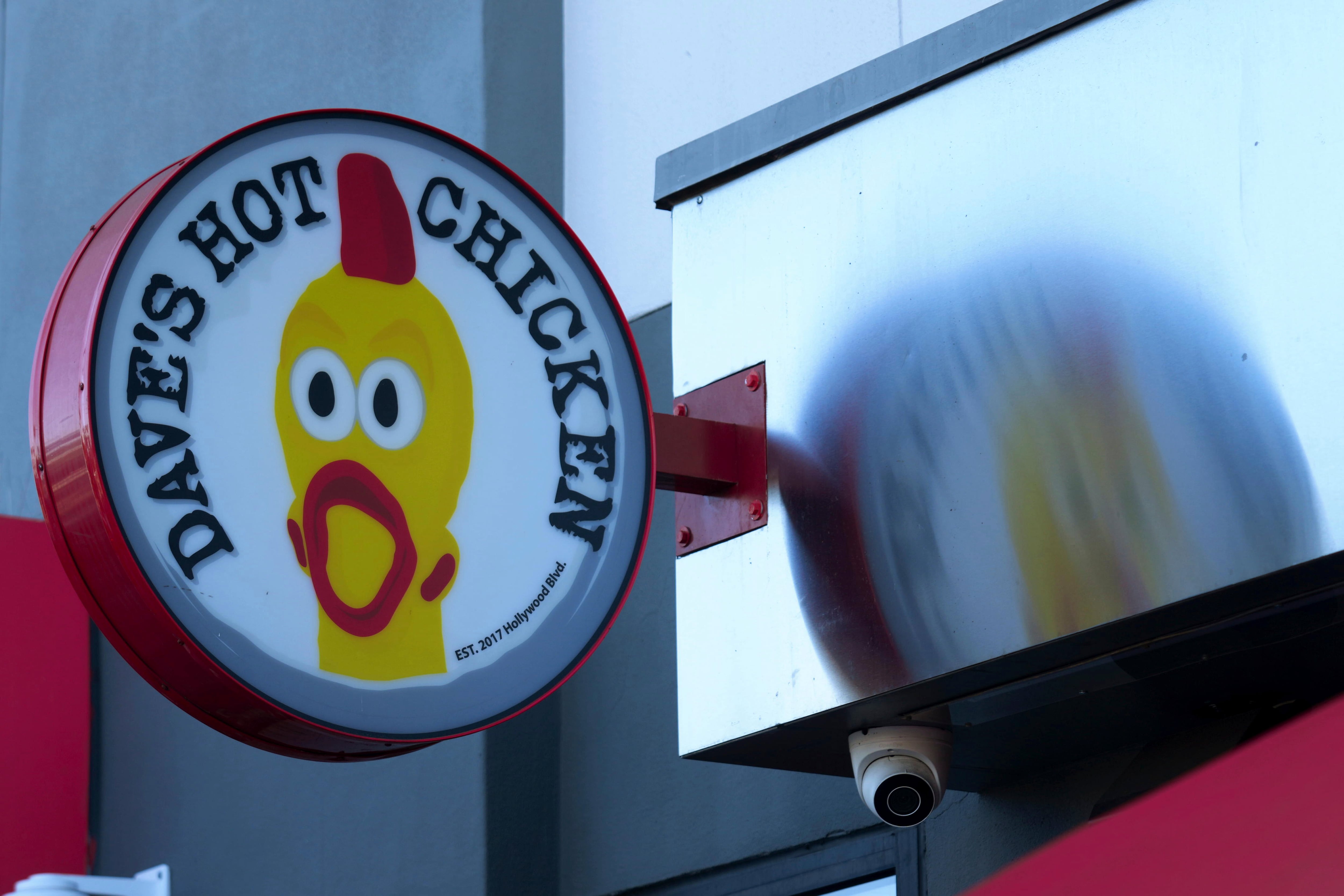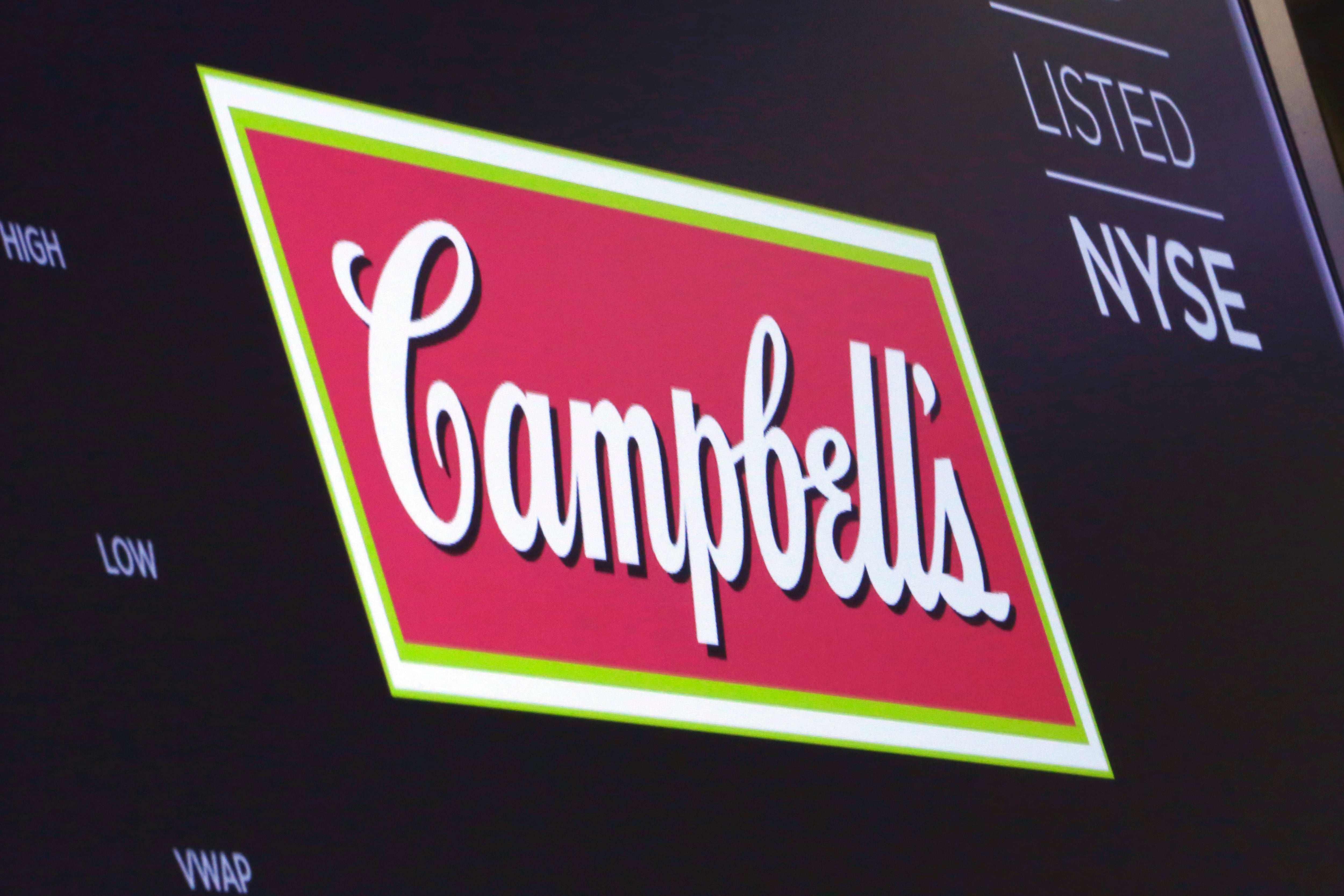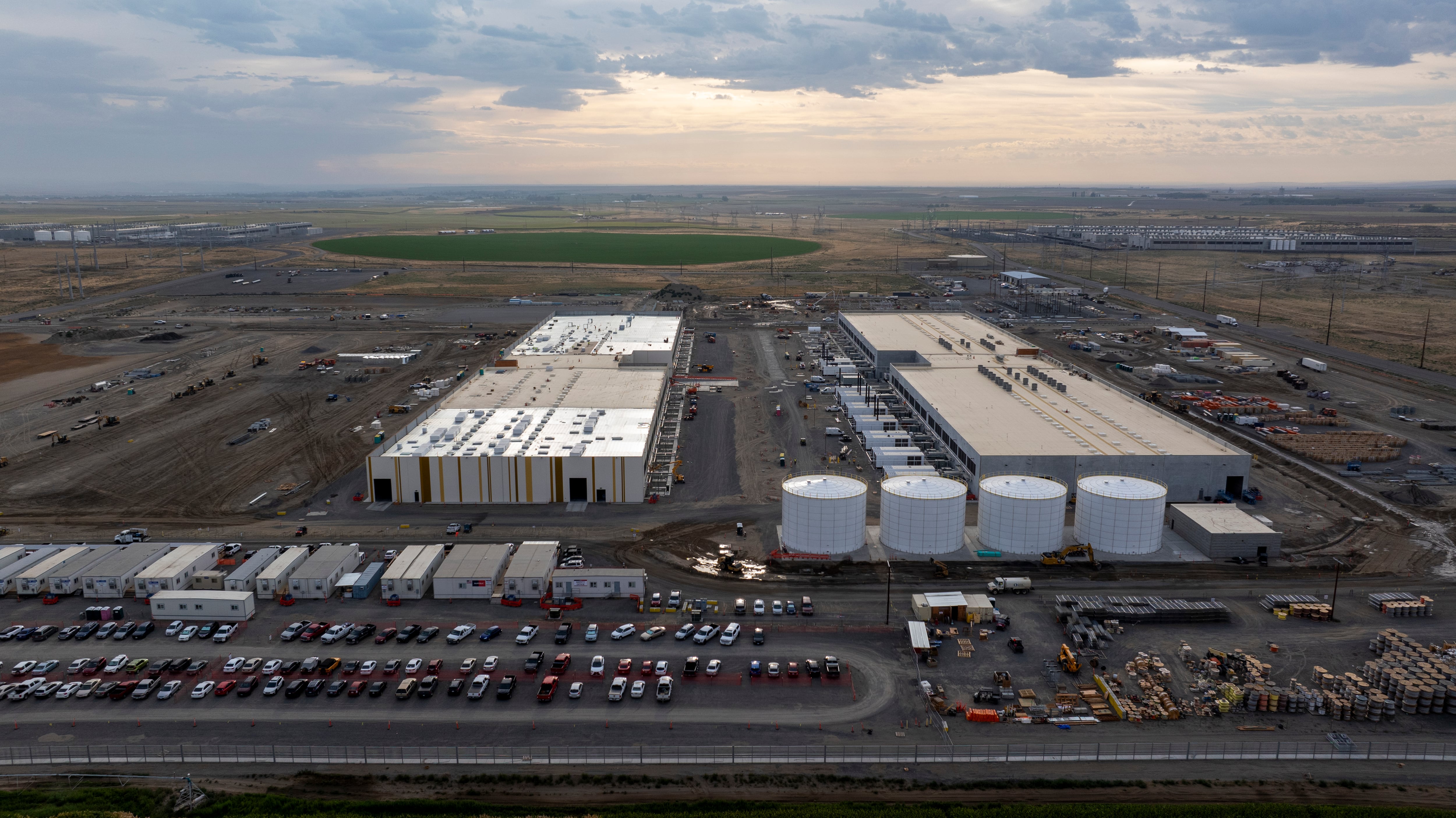*By Chloe Aiello* Home-builders were largely spared from the broader market sell-off early this week, but a mix of high home prices, rising mortgage rates, and low home-builder confidence is threatening the future of the housing market. [The National Association of Home Builders’ (NAHB) monthly confidence index plunged](https://www.nahb.org/en/research/housing-economics/housing-indexes/housing-market-index.aspx) eight points to 60 in November. Any score above 50 means more home builders than not have a positive view of market conditions, according to NAHB, but the sharp drop puts the score at its lowest level since August of 2016 and represents its steepest drop since 2014. The monthly confidence index surveys NAHB members to assess the health of the single-family home market. That plunge indicates consumers aren't expressing as much of an appetite to get into a new home, which could indicate a broader shift away from big-ticket purchases. It's hardly a surprise, considering mortgage rates and home prices are both on the rise. Home prices have soared in recent months, boosted by rising labor costs and tariff pressure on supplies, like lumber. Mortgage rates, pressured by rising interest rates are also pressuring potential home-buyers to reconsider hefty purchases. [A survey](https://www.mba.org/mba-newslinks/2018/november/mba-newslink-wednesday-11-14-18/applications-down-again-in-mba-weekly-survey?_zl=m67l4&_zs=RUKPN1) from the Mortgage Bankers Association (MBA) revealed mortgage application rates continued to fall for the week ending Nov. 9, after a disappointing October, in which mortgage applications for new homes [decreased 2.1 percent](https://www.mba.org/2018-press-releases/november/october-new-home-purchase-mortgage-applications-decrease-21-percent) from the year before. "Recent volatility in the financial markets and increasing rates continue to adversely impact mortgage application activity, even as the general economic outlook remains positive," MBA's Joel Kan said in a statement. "Both home purchase and mortgage refinance applications decreased over the week, driven largely by declines in conventional applications. Mortgage rates increased over the week for most loan types." Despite a confluence of negative forces for housing and for the stock markets more broadly, leading home-builders Lennar ($LEN) and KB Home ($KBH) were up in trading on Tuesday. Both are down more than 30 percent year-to-date.












